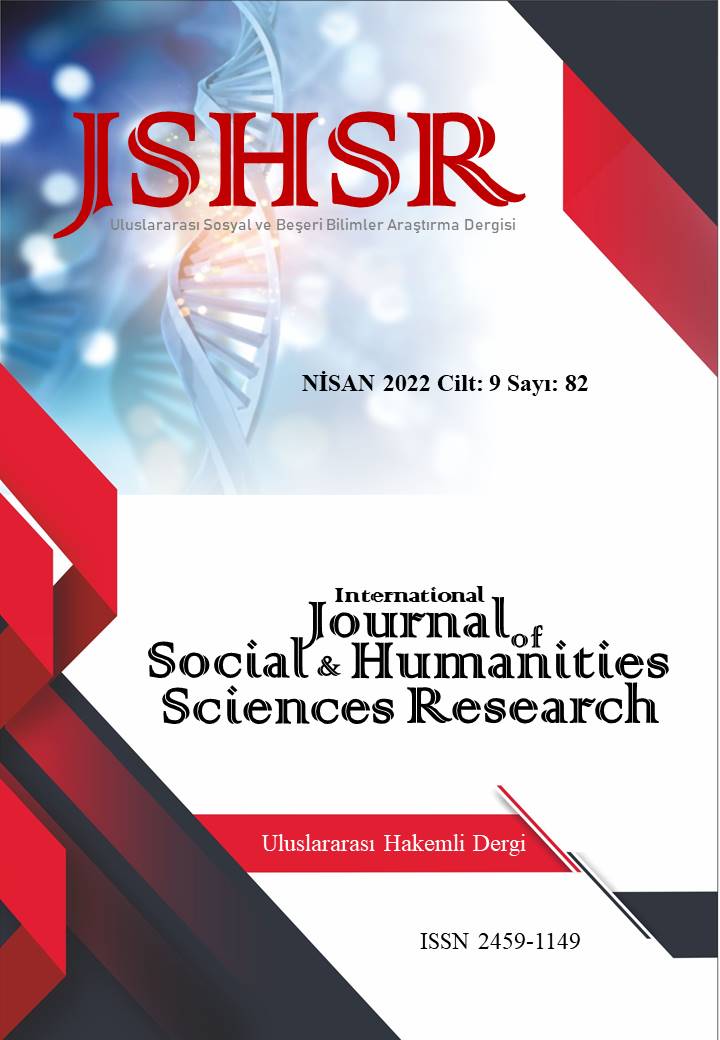THEORETICAL AND PHILOSOPHY DIMENSION OF ACCOUNTING
DOI:
https://doi.org/10.26450/jshsr.3085Keywords:
Accounting, Philosophy, Accounting Theory, Accounting PhilosophyAbstract
Accounting is a subject that gives opportunities to monitor the progress of the work on a continuous basis. It is a scientific theory, expressed as extremely well-supported propositions that have the power to explain certain aspects of nature or the physical universe, in which there are laws, inferences, facts, tested hypotheses, and scientific intuitions. The theoretical aspect of accounting is that it is defined as a science and that it is useful for explaining and interpreting the financial situation and activity results of companies as a result of scientific analysis.
The concept of philosophy can be defined as the questioning of simple fundamental concepts and the need for a meaningful understanding of a particular field. This may mean that accounting as a field of knowledge can be supported by a philosophical approach. Everything that is peculiar to man and is concerned with man is the subject of philosophy and concerns philosophy. Essentially, philosophy is to eliminate fixed ideas and prejudices, and it also provides brainstorming. In particular, philosophy is the need of accountants who try to express themselves in their work. Every action based on thought certainly includes philosophy in it.
The study is given information about the concept of accounting theory, the historical development of accounting theories, the methods used in developing theory, the approaches that lead to accounting theories, accounting theories, the relationship between accounting theory and accounting practices, accounting philosophy concept, philosophical contribution to accounting and philosophical foundation of accounting science and philosophical opening in accounting education. Also accounting concepts, theory concepts, and philosophy are explained.
Downloads
Published
How to Cite
Issue
Section
License
Copyright (c) 2022 INTERNATIONAL JOURNAL OF SOCIAL HUMANITIES SCIENCES RESEARCH

This work is licensed under a Creative Commons Attribution 4.0 International License.


